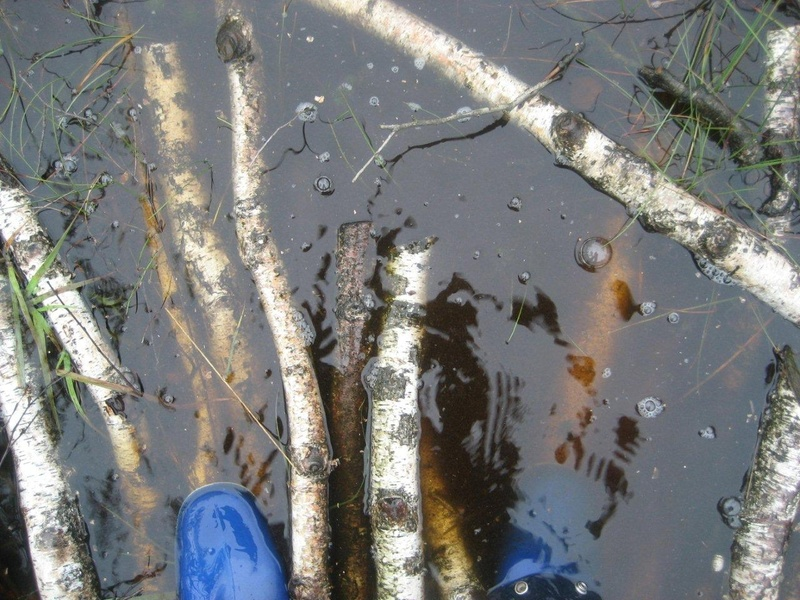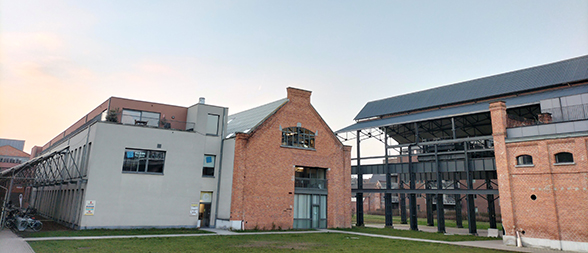Anaerobic digestion, much more than biogas
Anaerobic digestion is the process whereby a series of biological and enzymatic processes produce biogas out of organic material, in the absence of oxygen. The biogas consists mainly out of methane (CH4, which has a high calorific value) and CO2. Biogas is a fuel derived from organic material and is therefore considered as renewable energy (not a fossil fuel).
Anaerobic digestion only occurs within a certain framework (e.g. the right temperature, acidity, absence of oxygen, etc.). However, within this framework there are several technologies, applications and possibilities. Anaerobic digestion occurs in nature (e.g. swamp gas), there are small-scale applications (e.g. domestic biogas) and large-scale plants, batch and continuous processes, industrial, farm scale and municipal plants, wet and dry digestion plants, etc.
Anaerobic digestion often serves multiple purposes. It can be applied to purify heavily loaded wastewater before discharging it, it can be the first step in a manure treatment plant and it is often an indispensable step in a plant treating municipal solid waste in order to increase the recycling ratio of the plant.
DRANCO nv has more than 30 years of experience with biogas and is a true all-rounder in the field of anaerobic digestion. Our mechanical and biological know-how has resulted in the development of innovative and patented designs, with a digester concept adapted to each type of feedstock:
- The DRANCO process: vertical fermenters for the digestion of household waste organics and food waste
- The DRANCO-FARM process: vertical fermenters for the digestion of pure organic feedstocks such as energy crops, harvest residues and industrial organic waste
- The BES-CSTR process: an anaerobic process with continuously stirred tank reactors for the digestion of (liquid) food waste, manure and energy crops
- The SORDISEP process : a wet separation process to upgrade the digestate from DRANCO installations treating municipal solid waste (MSW).
DRANCO nv can be considered as a pioneer in biogas from municipal solid waste. DRANCO nv constructed the first biogas plant treating municipal residual waste (in 1997 in Bassum, Germany) and the first continuous dry digestion plant working on energy crops (in 2006 in Nüstedt, Germany). In 2013, construction started of the first plant making high quality compost out of MSW by means of the SORDISEP process (in Bourg-en-Bresse, France).
The activities from DRANCO nv range from design to turnkey construction and start-up, including operation and maintenance, and sometimes the financing of anaerobic digestion plants.
DRANCO nv also has a very extended and well-known lab for performing tests concerning biogas potential & composting.

